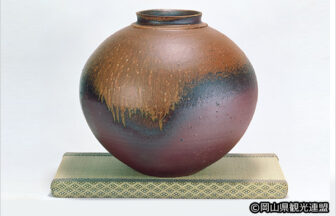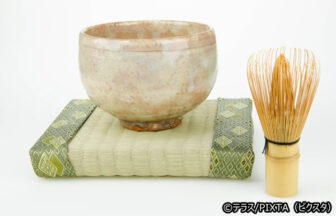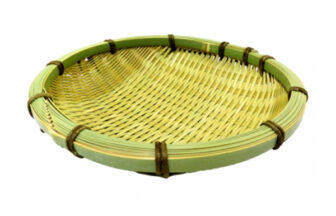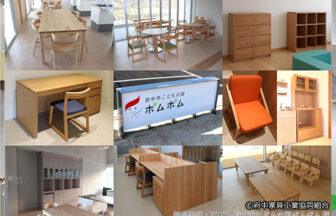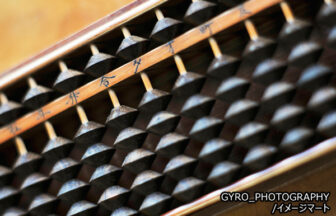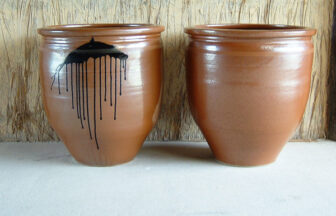Production Area
Historical Details and Geographic Characteristics
During the Edo period, the town of Kumano had little flat land, and farming alone was a hard way to make a living, so farmers went to the Kinki region to work during the off-season. They returned home as peddlers with the brushes and ink brushes they had purchased, thus creating a connection with the brush industry. It is said that brush making began in Kumano Town around 1840-1850 at the end of the Edo period and that Tameji Sasaki, who learned brush making in Arima, Hyogo Prefecture before returning to his hometown, as well as the imperial brush makers (brush craftsmen) of the Hiroshima domain, passed on the technique to the local people and spread it throughout the region.
During the Meiji period, thanks to the increasing demand for brushes due to the establishment of the school education system, and efforts to promote brush making by inviting brush craftsmen from the Kinki region to receive technical guidance, the region’s status as a production center was enhanced and brush making was further developed. In addition, the decline of brush making in the Kinki region and other production areas in the late Meiji period, along with the development of modern industry, also contributed to the increase of the Kumano brush’s presence in the region.
From the late Meiji Period to the Taisho and prewar periods, production of Kumano brushes greatly increased. After the war, in response to social changes such as the transition of calligraphy education in schools and the spread of pens and pencils, the industry expanded to include not only writing brushes but also painting brushes and cosmetic brushes. Today, the company boasts the largest market share in Japan for its writing brushes, painting brushes, and cosmetic brushes, which are even used by makeup artists and are beloved all over the world.
Main Retailer/Exhibition Facility
Fudenosato Kobo
| Address | 5-17-1 Nakamizo, Kumano-cho, Aki-gun, Hiroshima Prefecture |
|---|---|
| Phone | 082-855-3010 |
| Hours of Operation | 10:00 a.m. – 5:00 p.m. |
| Closed | Mondays (If the Monday falls on a holiday, the museum will close the following day), Year-end/New Year holidays |
| Admission Fee | Adults: 800 yen, Elementary / Middle School / High School Students: 250 yen, Kindergarten and under: Free |
| URL | https://fude.or.jp/jp/ | Social Media | https://www.facebook.com/fudenosatokobo/ |







